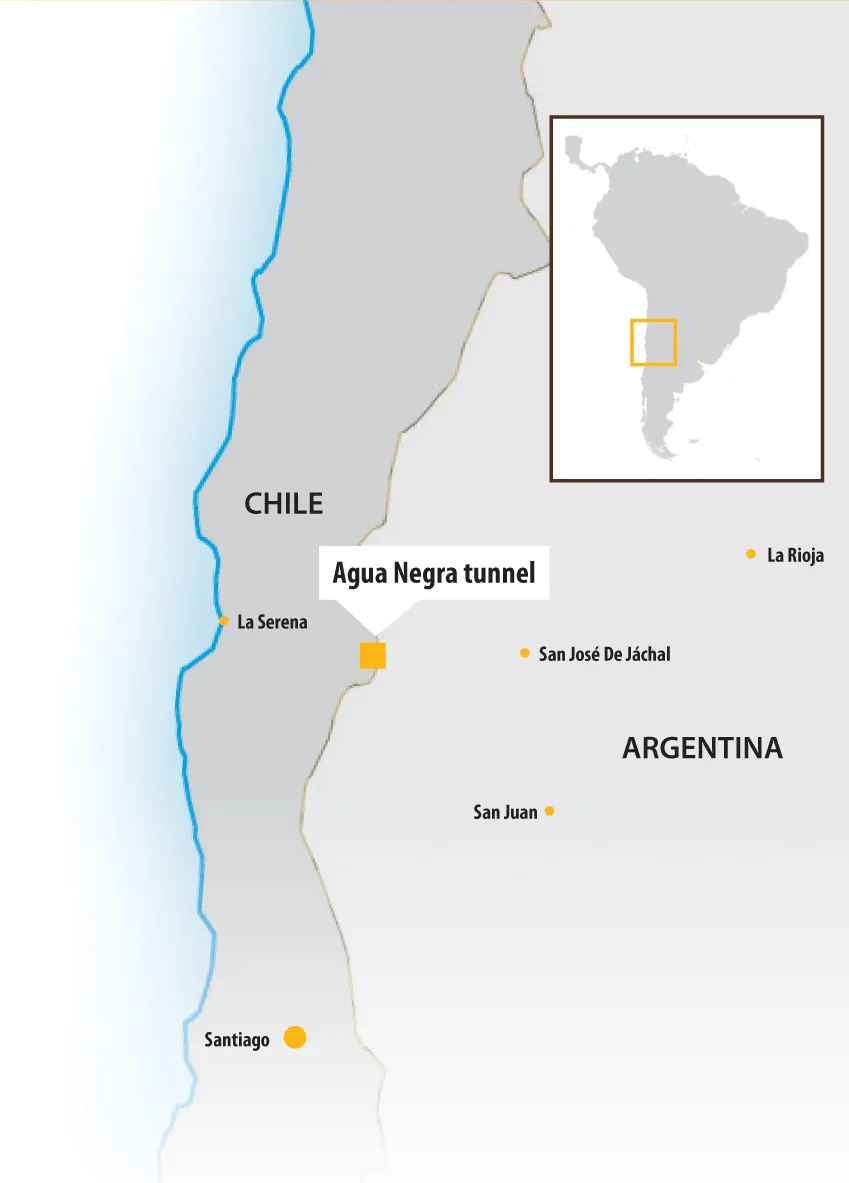A project to construct much-needed highway links in Argentina now looks to have hit delays. The tender process for the highway projects, which will lie along the Atlantic coast of Buenos Aires Province, has now been held back. A partnership comprising IECSA, Chediack, Coarc, Equimac and Martinez de la Fuente had a proposal for the package of works disqualified due to financial terms of the various deals.
March 6, 2012
Read time: 2 mins
A project to construct much-needed highway links in Argentina now looks to have hit delays. The tender process for the highway projects, which will lie along the Atlantic coast of Buenos Aires Province, has now been held back. A partnership comprising 3649 IECSA, 3650 Chediack, Coarc, 3651 Equimac and 3653 Martinez de la Fuente had a proposal for the package of works disqualified due to financial terms of the various deals. However a consortium comprising 1382 Roggio, 1389 Esuco and 1383 Helport and 3648 Cartellone, 1399 Supercemento, 1401 Rovella Carranza and 1393 Eleprint has been able to meet the financial terms for the package of works. The authorities have structured the various contracts so that the winner of the package of works should have to achieve a minimum turnover through toll revenues and this is where the one consortium had proven unable to meet the necessary terms. It seems likely that a new financial grounding will be structured by the group comprising comprising IECSA, Chediack, Coarc, Equimac and Martinez de la Fuente in a bid to re-enter the tender process on equal terms against the group comprising Roggio, Esuco and Helport and Cartellone, Supercemento, 1401 Rovella Carranza and Eleprint.







